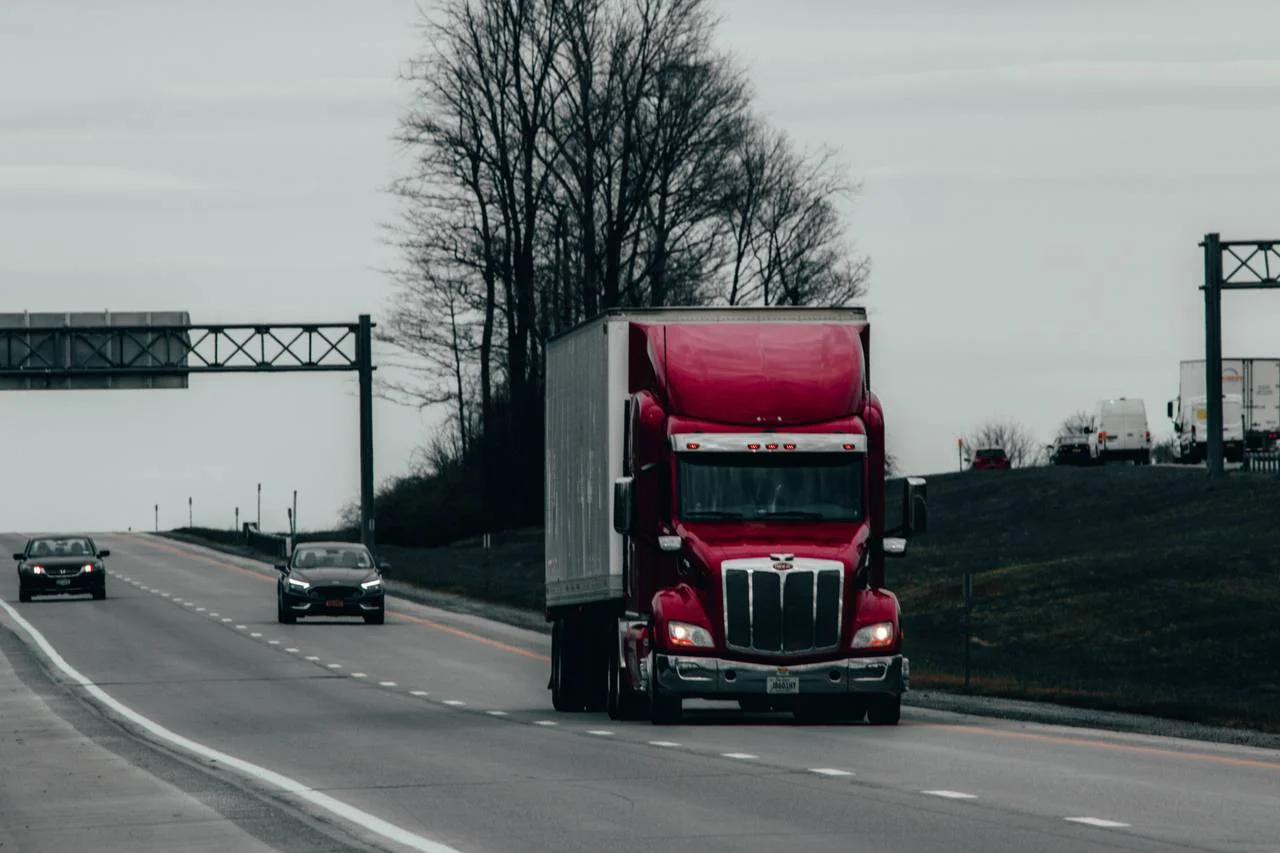Passenger Vehicle Drivers’ Rights in Florida Truck Accidents: What You Need to Know

The road can be an unpredictable place, and unfortunately, accidents can happen. When it comes to collisions between passenger vehicles and trucks, the consequences can be severe. If you find yourself involved in a truck accident in Florida as a passenger vehicle driver, understanding your rights is crucial. This blog aims to provide valuable information on what you need to know to safeguard your rights in the aftermath of such an incident, focusing on clarity rather than sales pitches.
Establishing Liability
Determining liability is a fundamental aspect of any accident case. In truck accidents, multiple parties may be held responsible, including the truck driver, the trucking company, or even the manufacturer of the truck or its components. Florida operates under a comparative negligence system, meaning fault can be distributed among multiple parties based on their degree of responsibility. It’s essential to gather as much evidence as possible at the scene, including witness statements, photographs, and any available surveillance footage, to help establish liability.
Florida’s No-Fault Insurance System
Florida operates under a no-fault insurance system for personal injury protection (PIP). This means that, regardless of who is at fault in an accident, each party’s insurance typically covers their own medical expenses and lost wages. However, there are exceptions to this rule, especially in cases involving serious injuries. If your injuries meet certain thresholds, you may have the right to pursue a claim against the at-fault party beyond your own insurance coverage.
Seeking Medical Attention Promptly
Regardless of the circumstances, seeking prompt medical attention after a truck accident is crucial. Some injuries may not be immediately apparent, and a medical professional can assess your condition and document any injuries or symptoms you may be experiencing. This documentation can be essential in building a case and demonstrating the extent of your injuries.
Preserving Evidence
Preserving evidence is key to supporting your case in the event of legal proceedings. If possible, document the scene of the accident, take photographs, and gather contact information from any witnesses. Additionally, obtaining the truck driver’s information, the trucking company details, and the police report can be crucial pieces of evidence.
Understanding the Trucking Industry Regulations
The trucking industry is subject to various regulations designed to ensure safety on the roads. Familiarizing yourself with these regulations can be beneficial when determining if any violations contributed to the accident. Issues such as driver fatigue, inadequate training, or improper maintenance can all play a role in accidents involving trucks.
Consulting with an Attorney
Navigating the legal complexities of a truck accident can be overwhelming. Consulting with an experienced personal injury attorney can provide you with valuable guidance and support. An attorney can help you understand your rights, assess the strength of your case, and negotiate with insurance companies on your behalf.
Conclusion
Being involved in a truck accident as a passenger vehicle driver can be a daunting experience. Knowing your rights and taking proactive steps in the aftermath of the incident can make a significant difference in your ability to seek compensation for injuries and damages. By understanding the legal landscape, preserving evidence, and seeking professional guidance, you can navigate the aftermath of a truck accident with a clearer understanding of your rights and options.